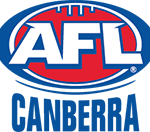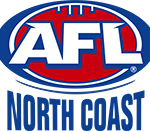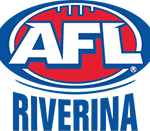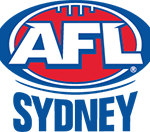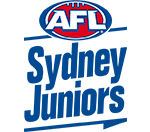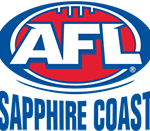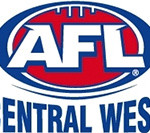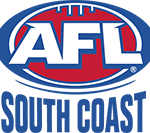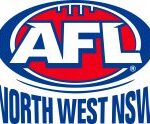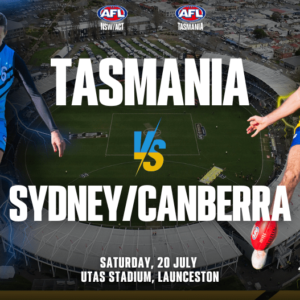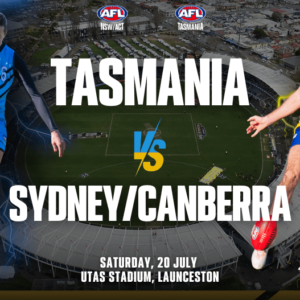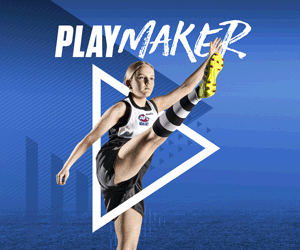Tuggeranong Valley doing more for the Club’s mental health

By Lachlan Bryce
Brad Crowe was optimistic his mate Alex Coppinger would show up after being announced missing in early January until it all hit Crowe, Copopinger wouldn’t be back.
Young adult Alex Coppinger, an ex-Tuggeranong Hawks 100+ game player and Queanbeyan Tigers rising stars best and fairest, passed away at 21 years-old earlier this year in a motorbike accident.
To say community members and players were saddened by the passing is an understatement.
Ex-teammate Brad Crowe can recall what he felt when he heard the news about his teammate Coppinger.
“I was pretty shocked. I saw that he had gone missing, and you think he’ll turn up somewhere, then it all hits you and it was a bit too real, he was a good bloke,” Crowe said.
“It hit home, and you just hope everyone around him is alright.”
The club felt a similar impact again in March after the saddening passing of ex-Mackillop student Lachlan Seary with whom many of the Tuggeranong players spent their college time with.
Although Seary wasn’t involved in the club, his passing has been felt tremendously around the club. Seary instead had become an exceptional Ice Hockey player for the Canberra Braves.
Ash Laing, former Mackillop graduate and previous Rising Stars captain, was close with Seary and remained overwhelmed by hearing the news about the accident.
“I was lost for words. I didn’t know what to do at the time, I didn’t want to talk to anyone because I didn’t know what to say to anyone. I spent a solid hour or two just trying to figure out what happened,” Laing said.
“When I’m not in a good mental state I don’t operate, I don’t function normally, I can’t work, I can’t think. Everything just goes down the drain. I lose sight of what’s important in life when my mental health isn’t stable, I think it’s a very important aspect of life.”
1 in 5 Australians are currently experiencing high or very high psychological distress, in a club made up of roughly 500 players, 100 players would be having a rough time with their headspace.
The Tuggeranong Valley Football Club have sent shockwaves through community football after behind-the-scenes efforts have been made to create a mental health and well-being program for the club.
The club is built from the ground up by its community, helmed by an inspiring board and president in Leo Lahey, who is always up for the challenge of giving his community club more.
Although the program is in development and a key focus for the club, it is still in its early stages and decisions on what the program will become are still undecided at this point in time.
A program of this magnitude has been regarded by the board and Lahey as a key piece of infrastructure for the club going forward.
“It was a key aspect of the amalgamation and going forward that the club as a singular entity had committed through its board to trying to develop a mental health and well-being program something that could support its community,” Lahey said.
“Now whether that is through a referral process to well established mental health and well-being programs or whether that’s developing an internal capability we’re yet to get to that point.
“The last 15-18 months have provided quite challenging circumstances that highlight the need for those types of programs, but it also really highlights the need and the value of having such a welcoming, supportive and inclusive and embracing environment.”
Although he tore his ACL last year, Adam Kinasch has stayed on with the club to work on the program from behind the scenes.
“I was inspired by Adam’s approach to it; his ability to deal with ‘that’ as an exceptional athlete playing a game, he loved to suffer another terrible injury like that but his commitment to mental health included his own and he’s continued on with us this year,” Lahey said.
“Adam has a deep passion for mental health and in fact in talking with him in the last week about tragic circumstances that a lot of our club had to confront the genuine and sincere nature of Adam’s commitment to mental health and well-being was just amazing.”
Kinasch moved across to the community side after the cancellation of the NEAFL in 2020. The former Canberra Demon jumped at the idea of creating a safe mental health environment for the Valley Football club.
“I really want to try and emphasise a framework that follows up with those people and ultimately continues to check-in and make sure that they’re still being looked after, after the fact because we know that these sorts of things don’t just go away after a month or two of dealing with them, they can be on-going for a lot of people,” Kinasch said.
“If people are going through personal tragedy or struggling with season injuries or what’s happened in the past few weeks, they can feel comfortable in speaking to someone about what they’re feeling and just be listened to.”
“It could just be a conversation within the club with someone who I would like at some stage is trained in some capacity to be familiar with mental health issues and just be a pair of ears for someone who’s struggling or for those in more serious situations, be able to refer them on to appropriate resources and services,” Kinasch said
“I think the days of just demanding quality athletic performance in the absence of support for a player’s mental well-being is gone, we are properly appreciating the individual as the full package now and I think it’s great.” President Lahey said.
Laing has had his share of season-ending injuries, ones that tend to take a toll on one’s headspace. He understands the importance of a mental health program being incorporated into the club particularly after the trauma that’s unfolded over the past few months.
“It’s definitely something that can help out because, from personal experience so many things just fly under the radar, you could see someone at footy training acting like their normal self,” Laing said
“They could come off as appearing happy, but they could have so many problems underneath. It’s a good thing to build the community up through programs like that to bring everyone together and make sure no one is feeling that way.”
Lahey understands the addition of the program won’t come overnight, yet he believes the club is on the best path for the Mental Health and Wellbeing program. The club has set in motion a reform in how the club attends to their players and their mental health. As Lahey put it, the team will now attempt to understand the person now rather than just the athlete.

